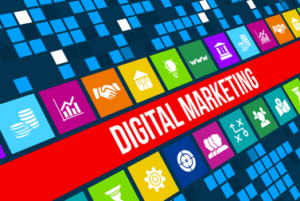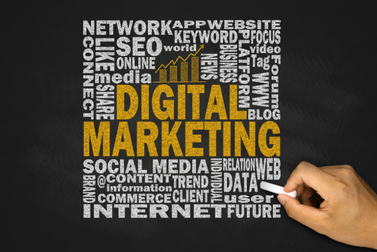
Marketing has always played a crucial role in business promotion, but its nature has undergone a significant transformation over the years. From traditional marketing techniques to digital strategies, the evolution of marketing has been driven by advancements in technology, changes in consumer behavior, and the rise of social media. This article explores this evolution and its impact on the nature of marketing.
In the past, traditional marketing relied heavily on offline channels such as print media, television, radio, and direct mail. These methods were effective in reaching a wide audience, but they lacked the precision and targeting capabilities offered by digital marketing. With the advent of the internet and the proliferation of digital devices, the marketing landscape underwent a fundamental shift.
One of the key drivers of this shift was the emergence of technology. Digital marketing allows marketers to collect and analyze data in real-time, enabling them to understand their target audience better and tailor their marketing efforts accordingly. With tools like Google Analytics and customer relationship management (CRM) software, marketers can track consumer behavior, measure the effectiveness of their campaigns, and make data-driven decisions.
Furthermore, consumer behavior has also changed significantly in the digital age. People now spend more time online and rely heavily on search engines and social media platforms for information and recommendations. This has given rise to a more informed and empowered consumer base. As a result, marketers have had to adapt their strategies to engage and connect with consumers in more personalized and meaningful ways.
Social media has played a crucial role in the evolution of marketing. Platforms like Facebook, Instagram, and Twitter have provided marketers with new channels to communicate with their target audience. Social media marketing allows for direct interaction and engagement, enabling brands to build stronger relationships with their customers. Moreover, social media platforms have become a valuable source of information for marketers, allowing them to gather insights, monitor trends, and identify opportunities.
The nature of marketing has shifted from a one-way communication model to a more interactive and customer-centric approach. Digital marketing allows marketers to engage with their audience in real-time, responding to their needs and preferences. It is no longer enough to simply promote a product or service; marketers must also provide value and build trust with their customers.
Another significant aspect of the evolution of marketing is the increasing importance of content. In the digital age, consumers are inundated with information and have become more selective about what they engage with. To cut through the noise and capture the attention of their target audience, marketers need to create high-quality content that is relevant, valuable, and shareable. Content marketing has become an essential component of digital marketing strategies, helping brands establish thought leadership, increase brand awareness, and drive customer engagement.
In conclusion, the nature of marketing has undergone a remarkable transformation from traditional to digital strategies. Technology, changes in consumer behavior, and the rise of social media have all played a significant role in shaping this evolution. Digital marketing offers unprecedented opportunities for marketers to connect with their audience in more personalized and meaningful ways. By embracing these changes and adapting their strategies, businesses can stay ahead of the curve and achieve success in the digital age.
